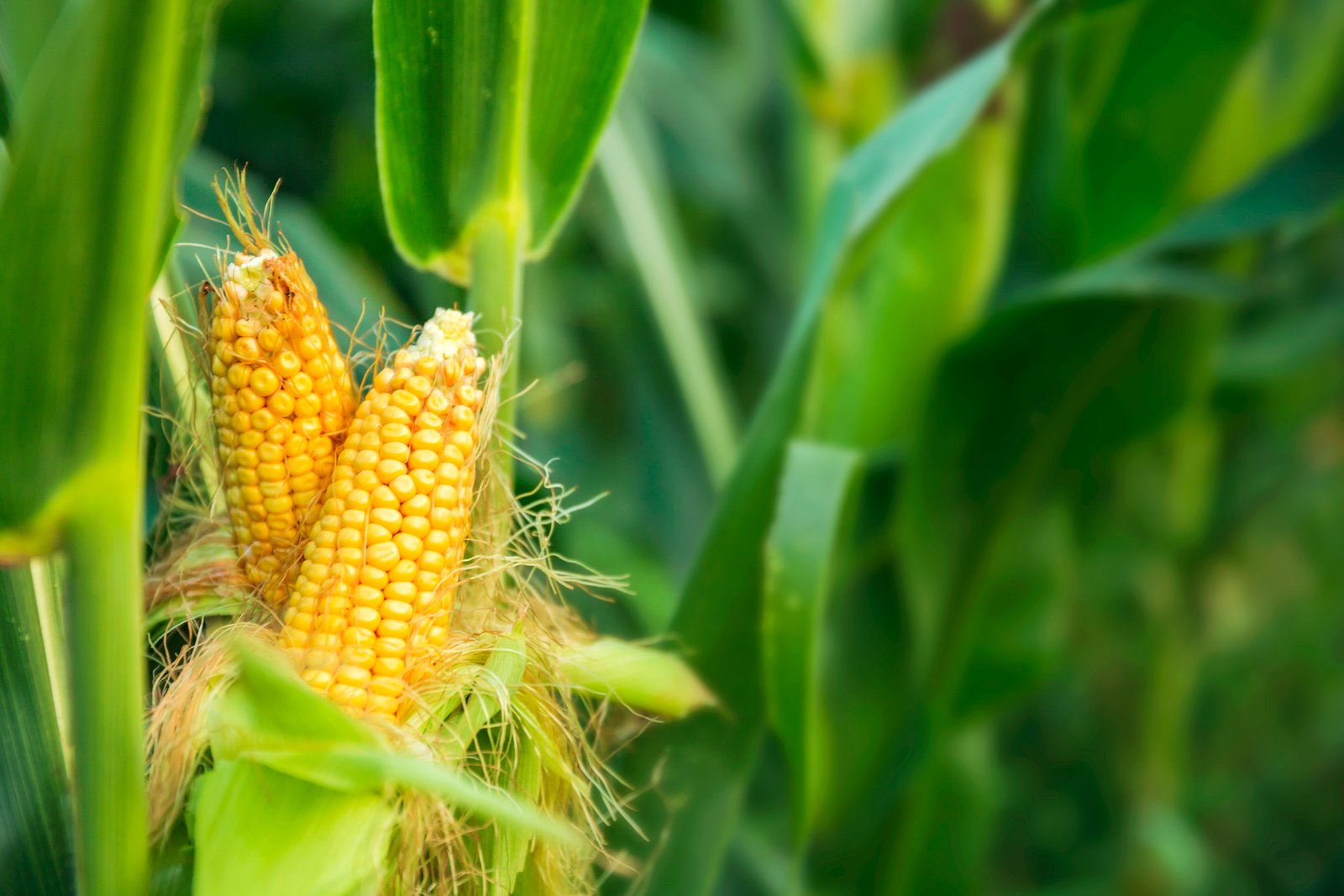Published: March 21, 2025
Source: Beyond Pesticides
“Sin maíz, no hay país” – Without corn, there is no country. This Mexican saying captures the heart of a major development: Mexico’s new constitutional amendment declares native corn an element of national identity—and bans planting genetically engineered (GE) corn seeds.
🇲🇽 Why This Decision Matters
- Food Sovereignty: Mexico aims to preserve its 9,000-year legacy of native corn cultivation managed by Indigenous and small-scale farmers.
- Environmental & Health Protection: The move seeks to avoid the risks GE seeds could pose to biodiversity and human health.
- Trade Tensions: This positions Mexico against the U.S., which is pushing for GE corn imports under the USMCA trade agreement.
📜 Trade Conflict Highlights
- Mexico’s 2020 pledge: Phase out GE corn imports by 2024 and ban glyphosate (a herbicide used with GE crops) by April 2025—now delayed.
- USMCA intervention: The U.S. formed a trade panel to challenge Mexico’s stance. In December 2024, the panel sided with the U.S., questioning Mexico’s scientific data on GE corn risks.
- Achieving a compromise: Mexico now allows import but bans planting GE seeds, meaning U.S. corn can still enter the country, but cannot be grown there.
🌱 Why GE Corn Raises Red Flags
- Genetic Precision Myths: Industry often claims genetic engineering is as precise as Swiss watchmaking—but scientific evidence says otherwise. Gene insertion is complex, unpredictable, and can disrupt natural gene interactions.
- Scope of Corn’s Complexity: Corn has twice as many genes as humans and hundreds of diverse varieties. It’s not just “a type of grass” — it’s a highly complex organism.
- Eco-Risks:
- Horizontal gene transfer and cross-pollination are not uncommon. Studies have found GE DNA in wild corn populations in Oaxaca (2001) and across nine other Mexican states (2003).
- Stacked genes: GE corn often carries multiple traits—like herbicide-resistance and pest-resistance—each requiring promoter and terminator DNA segments that may have unintended effects.

💥 Claims vs. Reality
- Yield vs. Land Use: U.S. GE corn growers require more land to increase output—unlike Europe, where yields rose without GE crops (1961–2009).
- Pesticide Dependence: Initial drop in pesticide use was followed by a surge starting in 2003. In Canada, herbicide usage rose by 244% between 1994 and 2021.
🔍 The Science & Politics Behind the Debate
- Conflicted data: Mexico’s dossier highlights independent research and notes a lack of consensus on GE crop safety. In contrast, many U.S. studies come from industry-funded groups with closed data.
- Political influence: Reports show pesticide industry lobbyists (like CropLife America) and officials influencing USMCA decisions—blurring science and trade policy.
🌎 Broader Implications
- Mexico’s move is a defining case in how countries balance biotechnology, cultural heritage, and food security.
- It raises questions: Who controls agricultural futures? Whose science matters? What values drive policy?
- As climate change, biodiversity loss, and corporate power grow, Mexico is modeling a path grounded in ethical biotech, ecological resilience, and cultural stewardship.
Mexico’s new law is more than a trade issue—it’s a statement: biotechnology should respect people, planet, and centuries-old traditions.
Biotechnology Is Not in Danger—It’s Becoming Smarter and Safer
Mexico’s decision to ban the planting of genetically engineered (GE) corn seeds isn’t a rejection of biotechnology—it’s a demand for accountable science that respects environmental and cultural heritage. This move highlights growing global expectations for safe, ethical, and ecologically aligned biotech, not the end of the field.
The Bigger Picture: Biotech Is Thriving Worldwide
Despite local bans or restrictions on GE crops:
- Global Biotech Market Value: The global biotechnology market was valued at $1.55 trillion in 2023 and is projected to grow to $3.88 trillion by 2030 (Source: Grand View Research).
- Medical Biotechnology—which includes gene therapy, CRISPR, mRNA vaccines, cancer immunotherapy, and AI-driven drug discovery—makes biotech the largest and fastest-growing sector, with no connection to the corn-related debate.
- Sustainable Agriculture: Biotech is also driving the future of eco-friendly pest control, biotic stress and abiotic stress which don’t rely on genetically modified seeds.
💡 Why This Isn’t a Threat—It’s an Evolution
Mexico’s ban targets a very specific use of biotech—GE corn seed planting that risks genetic contamination of the country’s native varieties. It does not ban:
- Importation of all GE corn (most imports are still allowed for animal feed).
- Biotech applications in medicine, industrial manufacturing, environmental solutions, drug discoveryor gene editing technologies like CRISPR.
- Research or production of biotech-based vaccines, diagnostics, or synthetic biology tools.
This distinction is key: Biotech is vast, and genetically engineered crops are only a small part of it.
🔬 A Call for Better Science, Not Less Science
What Mexico and other countries are demanding is biotech that aligns with environmental safety, transparency, and public health. This means:
- More open-source research and fewer industry-conflicted studies.
- Next-gen gene editing tools (like CRISPR-Cas9) that are more precise and less likely to cause off-target effects.
- AI-enhanced protein design and human-compatible gene therapies that reduce immune risks (as shown in Stanford’s zinc finger research).
These advancements are already changing how biotech is practiced and improving its safety and effectiveness.
Global Support for Ethical Biotech
Many countries and organizations are working to reform biotech, not restrict it:
- The European Union supports biotech in medicine while keeping strict controls on GMOs in agriculture.
- Countries like India, Japan, and Singapore are investing heavily in biopharma, biomanufacturing, and green biotech.
- Global health bodies like the WHO endorse gene-editing trials for rare diseases—under proper safety review.
The Future of Biotech Is Still Bright
The message is clear: Biotech is not under threat—it’s being redefined. The industry is moving toward:
- Safer, more precise tools (like AI-driven design and CRISPR)
- Greater transparency and public trust
- Solutions that balance innovation with ecology
Rather than seeing Mexico’s move as anti-biotech, it should be viewed as part of a broader trend: building a biotechnology industry that works for people, planet, and progress.
Let’s keep innovating—wisely, ethically, and inclusively.